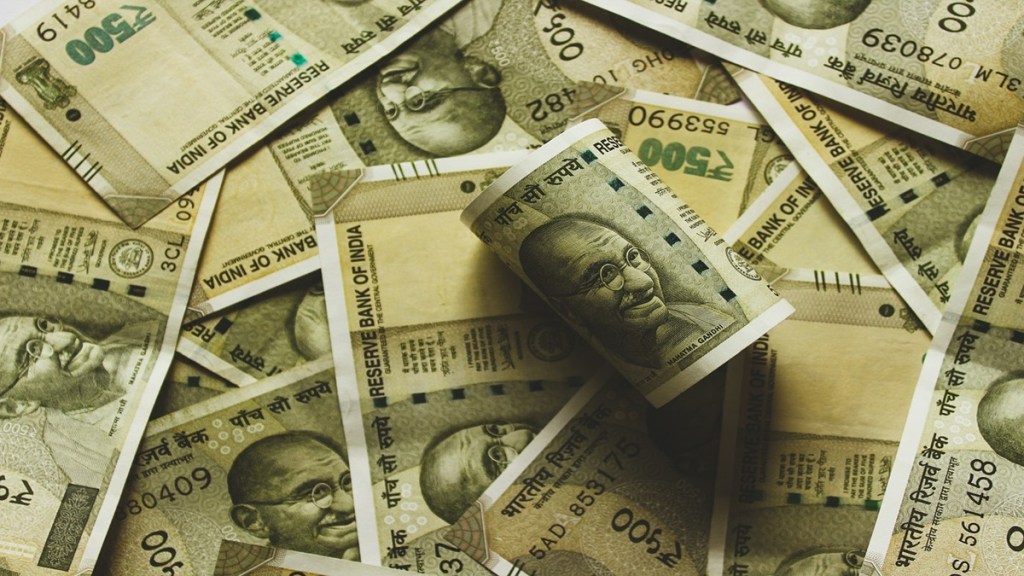8th Pay Commission News: Ever since the Modi government announced its decision to set up the 8th Pay Commission, there have been all sorts of speculations among central government employees and pensioners about possible salary and pension hikes, the dates when the panel’s recommendations would be implemented, and other measures that the commission might recommend to enhance welfare for over 1.2 crore serving employees and retirees.
After receiving several representations from employee bodies and holding multiple meetings with trade unions, the Centre last week announced the 8th Pay Commission. The commission will be tasked with deciding on necessary adjustments to salaries and other perks for around 50 lakh central government employees and about 67 lakh pensioners.
Now, all eyes are on the next announcement regarding who will head the 8th Pay Commission and who the other two members will be.
Announcing the Cabinet’s decision last week, Union Minister Ashwini Vaishnaw said that the decision to set up the 8th Pay Commission was taken well in advance, as the implementation of the next commission’s recommendations is due next year. Speaking about the next steps, the minister said the government will soon appoint the chairman and two members of the panel.
It remains to be seen when the government will appoint this panel, finalise its report, and provide it to the government. The panel will consult with various stakeholders, including the Centre and states. Once the panel’s recommendations are received, the Centre will announce their implementation, resulting in changes to the salaries and pensions of over 1 crore employees and pensioners.
Central govt employees’ DA likely to be reset to ZERO in January 2026
The big question on the minds of employees and pensioners is when the dearness allowance (DA) will be merged into the basic pay and reset to zero. If the recommendations are received and implemented before January 2026, the existing DA at that time will likely be merged into the basic pay, and the new DA will start afresh.
At present, the DA stands at 53%, with two more hikes expected—one in January 2025 and another in July 2025. As the next Pay Commission tenure will begin in January 2026, the government will likely merge the DA into the basic pay at that time. However, if implementation is delayed beyond January 2026, the government may announce another DA hike before merging it with the basic pay, resulting in retrospective salary and pension adjustments.
Under the 7th Pay Commission, was DA merged with the basic at the time of implementation of recommendations?
The 7th Pay Commission was announced on February 4, 2014, and its recommendations were implemented in January 2016. In January 2016, the DA had reached 125%, which was then merged with the basic pay, and the DA reset to zero. It is expected that the same practice will be followed under the 8th Pay Commission.
The first DA hike in 2016 was announced in March and was set at 2%. Since then, the DA has reached 53%, with two more revisions expected before it is finally merged into the basic pay for all central government employees and pensioners.
What will be the expected minimum salary and pension for employees and pensioners under the 8th Pay Commission?
Experts believe the fitment factor could range between 1.92 and 2.86 to revise salaries for employees. If this fitment factor is applied, the minimum basic salary of a government employee could increase to Rs 34,560–Rs 51,480, up from the current minimum salary of Rs 18,000. Similarly, pensions could rise to Rs 17,280–Rs 25,740, compared to the current pension of Rs 9,000, if the fitment factor is set at 2.86.
However, this pension amount depends on the assumption that the fitment factor will indeed be set at 2.86. If it changes, there will be a corresponding impact on the minimum salary and pension of central government employees under the 8th Pay Commission.

